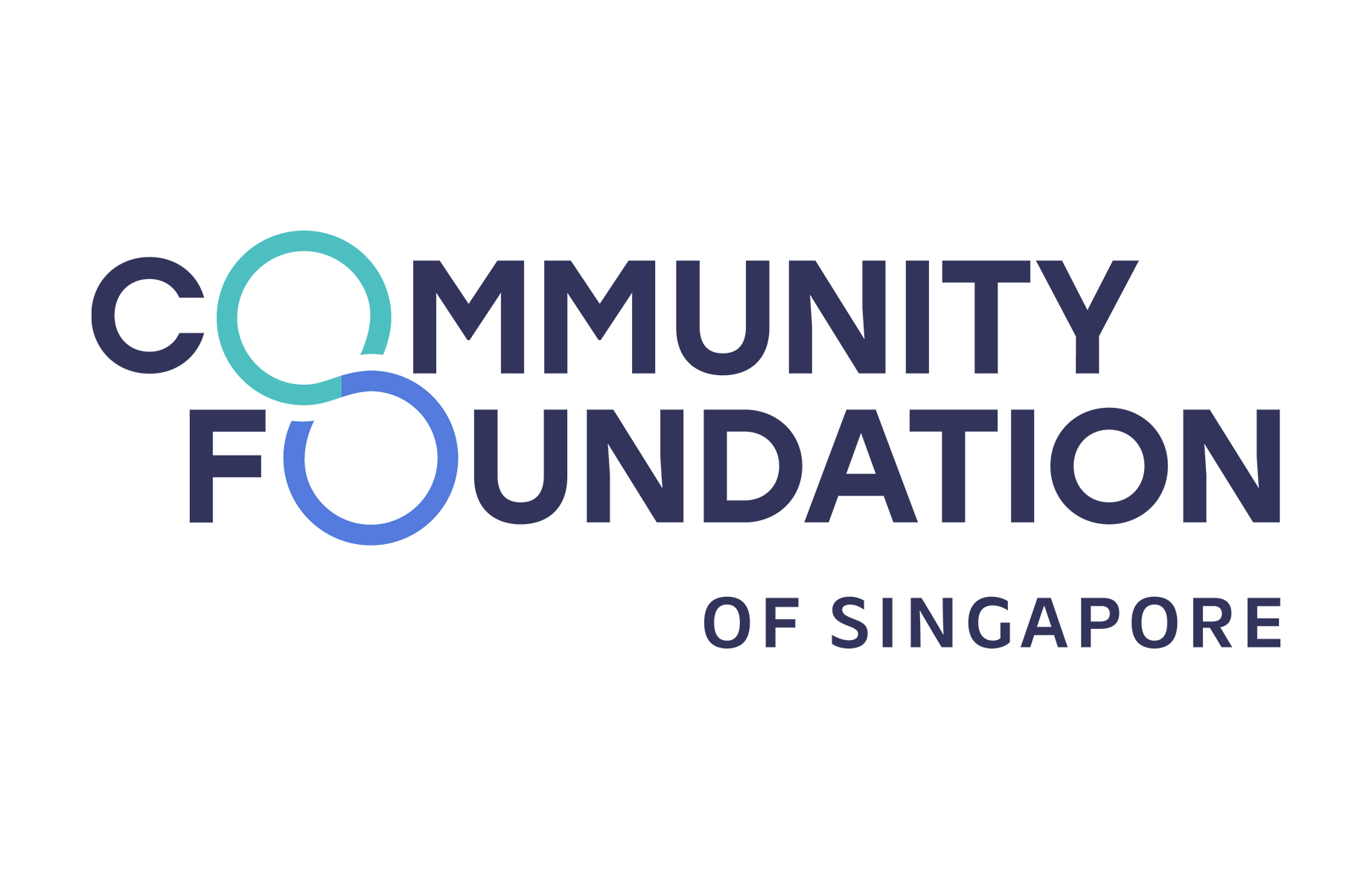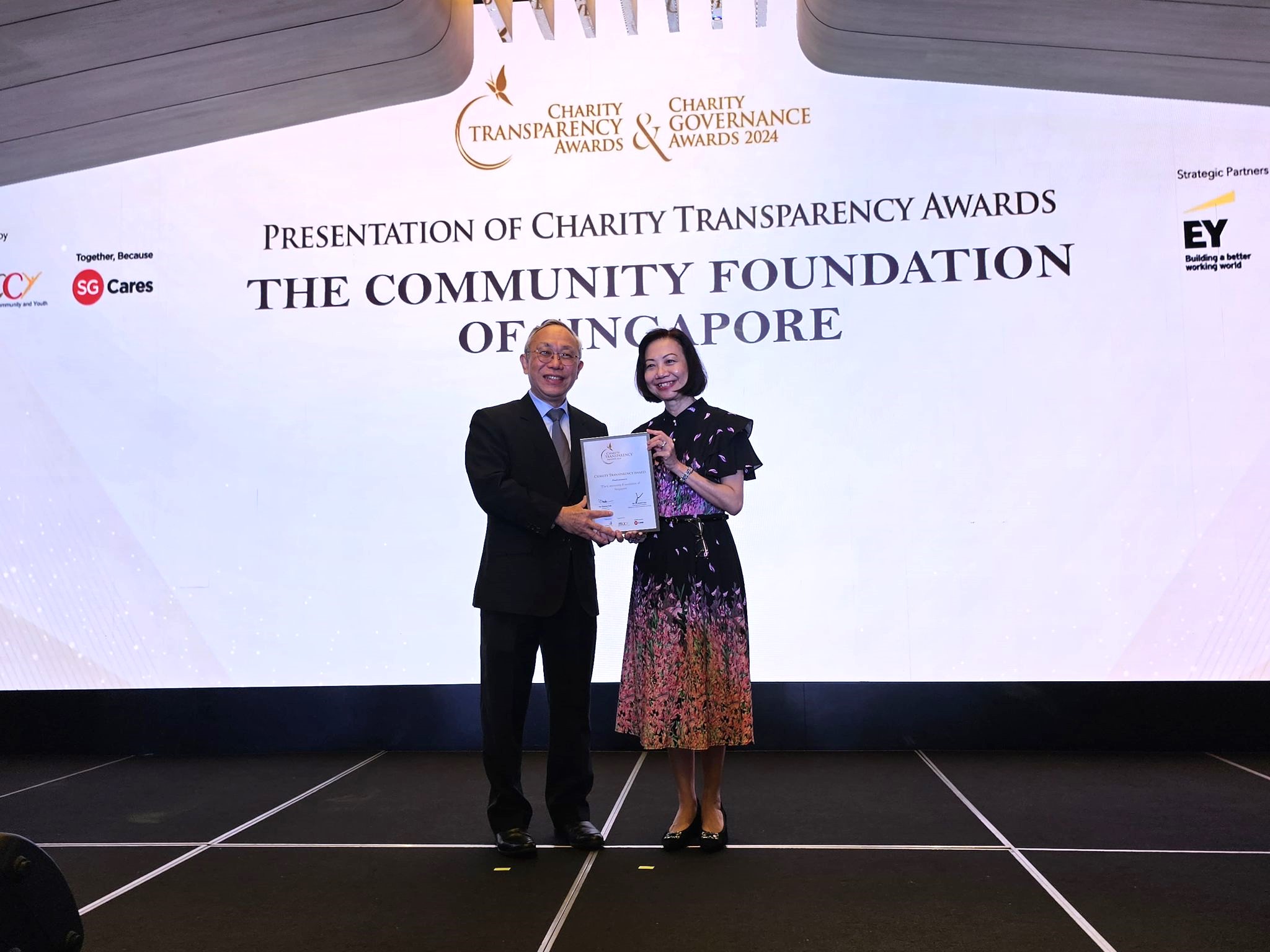The Community Foundation of Singapore launches new Sayang Sayang Fund


The Community Foundation of Singapore (CFS) has established Sayang Sayang Fund to provide support for frontline healthcare workers as well as vulnerable communities impacted by the novel coronavirus (COVID-19) outbreak.
“Many people have approached us asking how they can help. They want to recognise and show appreciation to the healthcare staff who work tirelessly during this period of the novel coronavirus outbreak. As the only community foundation in Singapore, we are best placed to connect donors and community partners, and come together to support the needs of the communities,” said Catherine Loh, CEO of CFS.
The target amount to be raised for the Sayang Sayang Fund is $500,000. $250,000 will be given in the form of $5 transport vouchers, as a gesture of appreciation, for healthcare frontline staff in public healthcare institutions such as hospitals and polyclinics to ease their commute to and from work. CFS has secured $84,000 in donations to-date. ComfortDelGro, the first transport provider to support the Fund, has pledged an initial batch of 1,000 taxi vouchers.
“We read with some distress that healthcare staff in uniforms have been ostracised, not just by the public but by the cabbies. Whilst we have yet to receive any complaints about such incidents, we want to reinforce the message that we appreciate all that the medical profession has been doing. Our gesture is small compared to what they have been contributing on a daily basis,” said Tammy Tan, Group Chief Corporate Communications Officer, ComfortDelGro Corporation Limited.
The remaining $250,000 will be disbursed across community partners supporting vulnerable communities such as seniors and families who are impacted by the heightened precautionary measures. CFS has received requests for funding to cover additional manpower costs for home visits for needy seniors and alternative food distribution channels to low income families.
Given the evolving nature of the situation, the Fund will adapt to the changing needs. CFS will work closely with community partners to address gaps ensuring that those in disadvantaged situations will still be able to get the aid they need.
The name Sayang Sayang is chosen because it is a local colloquial term that most people are familiar with. It is in line with the idea of showing love and appreciation to healthcare professionals who work hard to care for us, as well as to other communities who may be impacted by the COVID-19 situation.
The Community Foundation of Singapore (CFS) has established Sayang Sayang Fund to provide support for frontline healthcare workers as well as vulnerable communities impacted by the novel coronavirus (COVID-19) outbreak.
“Many people have approached us asking how they can help. They want to recognise and show appreciation to the healthcare staff who work tirelessly during this period of the novel coronavirus outbreak. As the only community foundation in Singapore, we are best placed to connect donors and community partners, and come together to support the needs of the communities,” said Catherine Loh, CEO of CFS.
The target amount to be raised for the Sayang Sayang Fund is $500,000. $250,000 will be given in the form of $5 transport vouchers, as a gesture of appreciation, for healthcare frontline staff in public healthcare institutions such as hospitals and polyclinics to ease their commute to and from work. CFS has secured $84,000 in donations to-date. ComfortDelGro, the first transport provider to support the Fund, has pledged an initial batch of 1,000 taxi vouchers.
“We read with some distress that healthcare staff in uniforms have been ostracised, not just by the public but by the cabbies. Whilst we have yet to receive any complaints about such incidents, we want to reinforce the message that we appreciate all that the medical profession has been doing. Our gesture is small compared to what they have been contributing on a daily basis,” said Tammy Tan, Group Chief Corporate Communications Officer, ComfortDelGro Corporation Limited.
The remaining $250,000 will be disbursed across community partners supporting vulnerable communities such as seniors and families who are impacted by the heightened precautionary measures. CFS has received requests for funding to cover additional manpower costs for home visits for needy seniors and alternative food distribution channels to low income families.
Given the evolving nature of the situation, the Fund will adapt to the changing needs. CFS will work closely with community partners to address gaps ensuring that those in disadvantaged situations will still be able to get the aid they need.
The name Sayang Sayang is chosen because it is a local colloquial term that most people are familiar with. It is in line with the idea of showing love and appreciation to healthcare professionals who work hard to care for us, as well as to other communities who may be impacted by the COVID-19 situation.
- Related Topics For You: CAREGIVER SUPPORT, CHARITY STORIES, COMMUNITY IMPACT FUND, DIRECT AID, DONOR STORIES, FAMILIES, HEALTH, INCLUSIVITY & INTEGRATION, NEWS, PROMOTING HEALTHCARE, SAYANG SAYANG FUND, SENIORS, STORIES OF IMPACT



